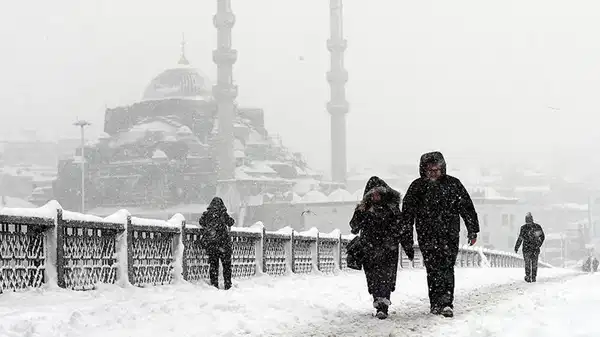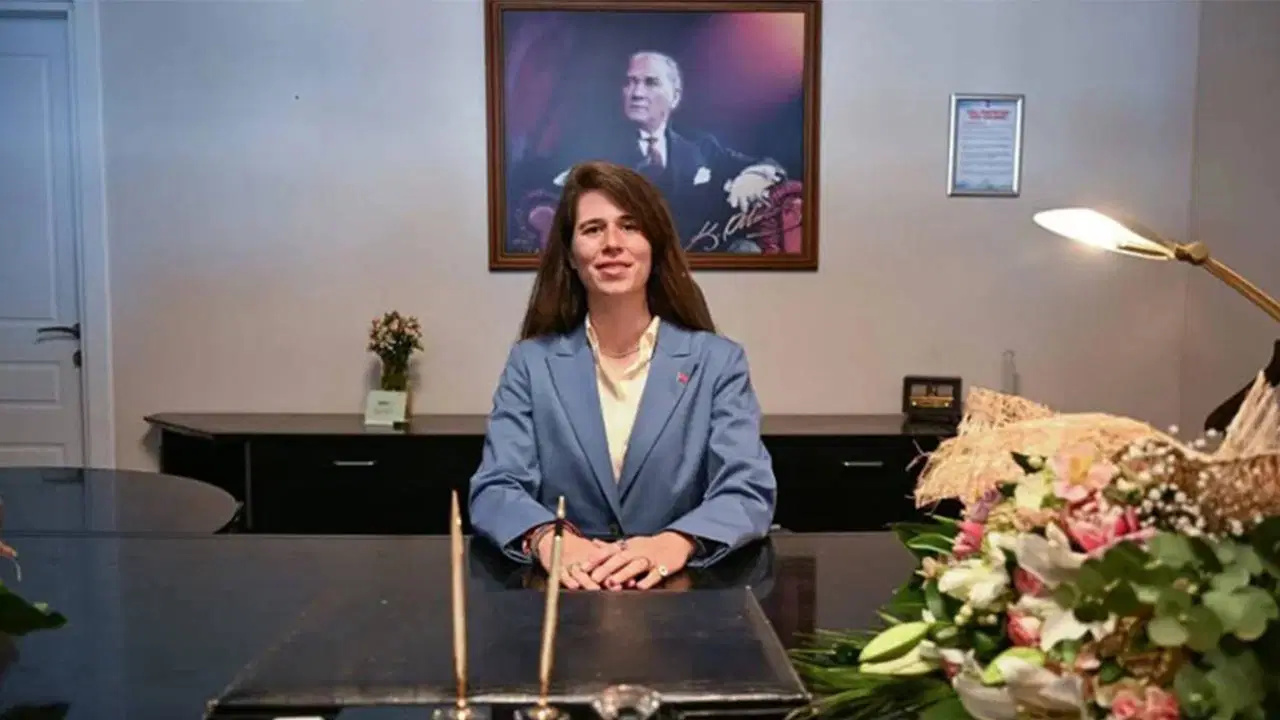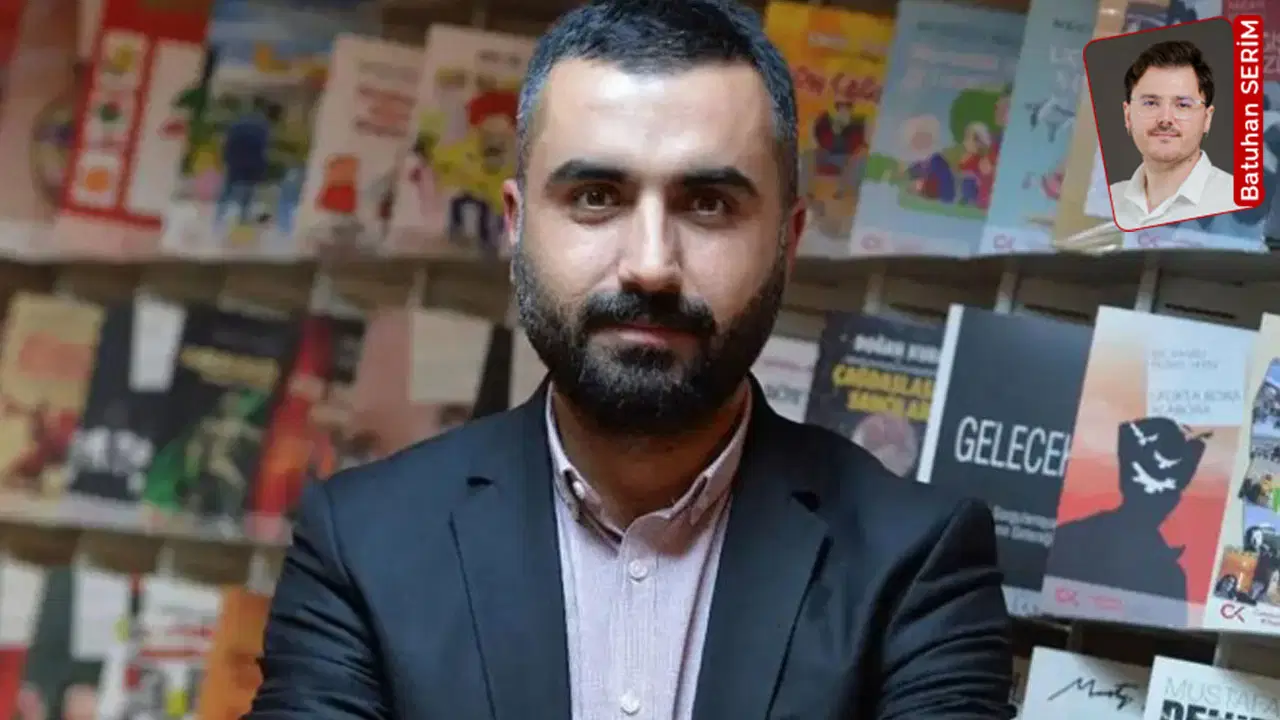Europeans are preparing for a looming energy crisis in winter.
Norwegians are starting to consume energy more wisely to try to save money amid an energy crisis in the country, local media reported on Tuesday.
Energy firms are reporting that consumers are using electricity on the days when energy is cheaper and are avoiding consumption at peak times, according to daily Bergenavisen.
Electricity firm BKK Nett based their usage analysis on around 44,000 customers in the city of Bergen and found changes in how people use power.
However, the firm said despite seeing these changes, factors such as weather and temperature could also be contributing to new habits, Bergenavisen reported.
According to the outlet, the electricity prices are fluctuating throughout the day and prices tend to be higher in the morning and evening.
The Nordic country has seen soaring gas and electricity costs with prices estimated to rise to as high as 20 Norwegian kroner ($1.86) per kilowatt hour (kWh) in southern Norway.
Norway is investing 41 billion kroner ($4 billion) in subsidies to help out households with electricity bills.
The government is covering 90% of the bill where the cost exceeds 70 kWh, however, households are still struggling to cope with the high prices.
The war in Ukraine, high gas prices, low reservoir filling levels, along with power export cables have all led to a sharp spike in energy costs in Norway.
Earlier this month, the Nordic country presented short-term energy relief to ease the shock of high electricity rates for businesses and households.
A total of 92 relief proposals were put forward by the government, however, the plan failed to spark support in the country.
GERMANY
Thousands of people rallied in several eastern German states on Monday evening to protest the government’s energy policy and sanctions against Russia.
The protesters shouted slogans against Chancellor Olaf Scholz’s coalition government and carried banners bearing the messages “Stop the price explosion,” “Stop the war, stop the sanctions,” and “Open Nord Stream now.”
According to police, the largest protests took place in the state of Thuringia. Nearly 24,000 people are said to have taken part in the demonstrations across the state.
One of the banners read: “We’re all in the same boat. Without Russian gas, our economy will be dead!”
Meanwhile, the German government is considering sending civil servants to home office this winter due to the worsening energy crisis, a media report said on Tuesday.
According to Business Insider, at a recent meeting of a federal ministry, one of the proposals was a mandatory home office for civil servants and employees this winter, while larger ministries have reportedly voiced objections to the plans.
One of the main objections was that there were not enough laptops and cell phones to equip all civil servants.
At the meeting, cooling the rooms down to 19 degrees Celsius (around 66 Fahrenheit) was also discussed as an alternative, the news portal reported.
If this is too cold for someone, they would be allowed to work from home.
The background to the plans is a decree by Economics and Energy Minister Robert Habeck, which includes energy-saving measures in public buildings.
The German government wants to save just under 20 terawatt-hours (TWh) of gas annually by lowering room temperatures in isolated cases to reduce the German gas consumption by around 2%, the report said. This is to be supplemented by further savings in electricity consumption of over 10 TWh.
Germany, along with many European countries, has been facing energy shortages as Russia significantly reduced the supply of natural gas to Europe in response to sanctions imposed on Moscow over its war on Ukraine.
Russia temporarily halted gas deliveries via the Nord Stream 1 pipeline earlier this month, and Russian officials argued that the Western sanctions were hampering the maintenance work for the turbines. German politicians, however, accused Moscow of using gas as a weapon to exert pressure on Berlin.















